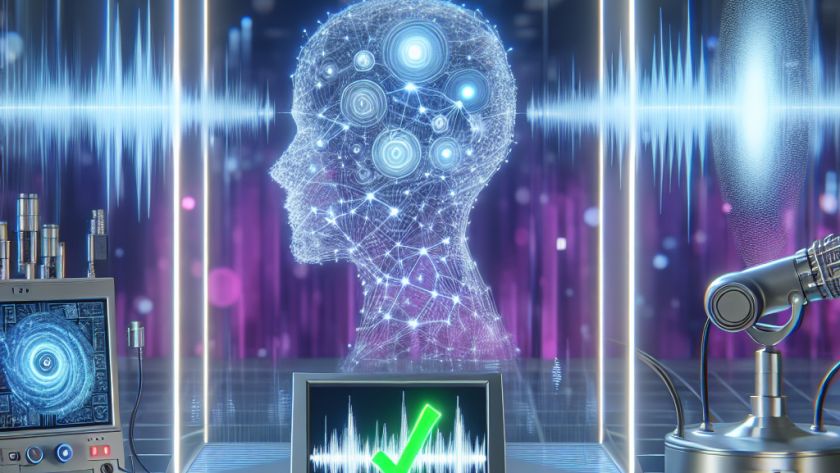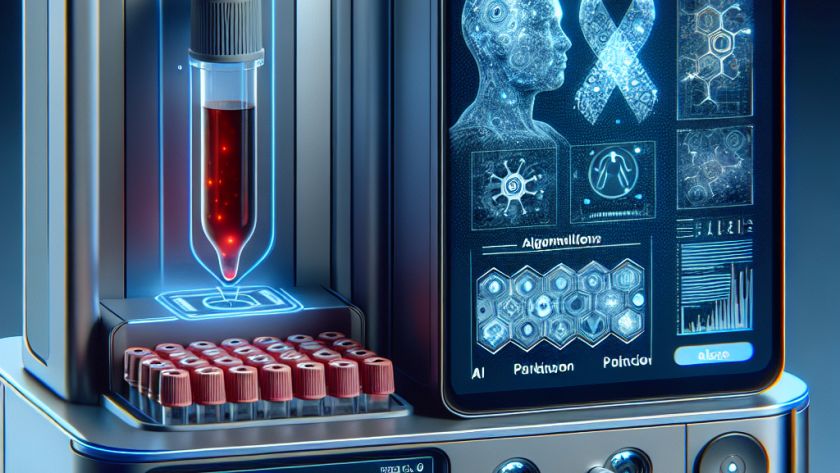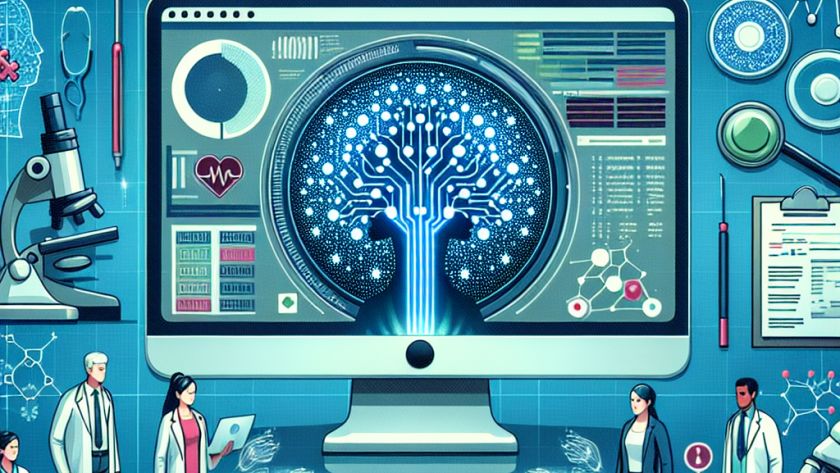A recent study states that ethical guidelines for artificial intelligence (AI) in healthcare are lacking, despite the increasing use of AI in areas such as medical imaging analysis and drug discovery. The study, led by Joschka Haltaufderheide and Robert Ranisch from the University of Potsdam, investigated 53 articles to understand the ethical issues surrounding large…












